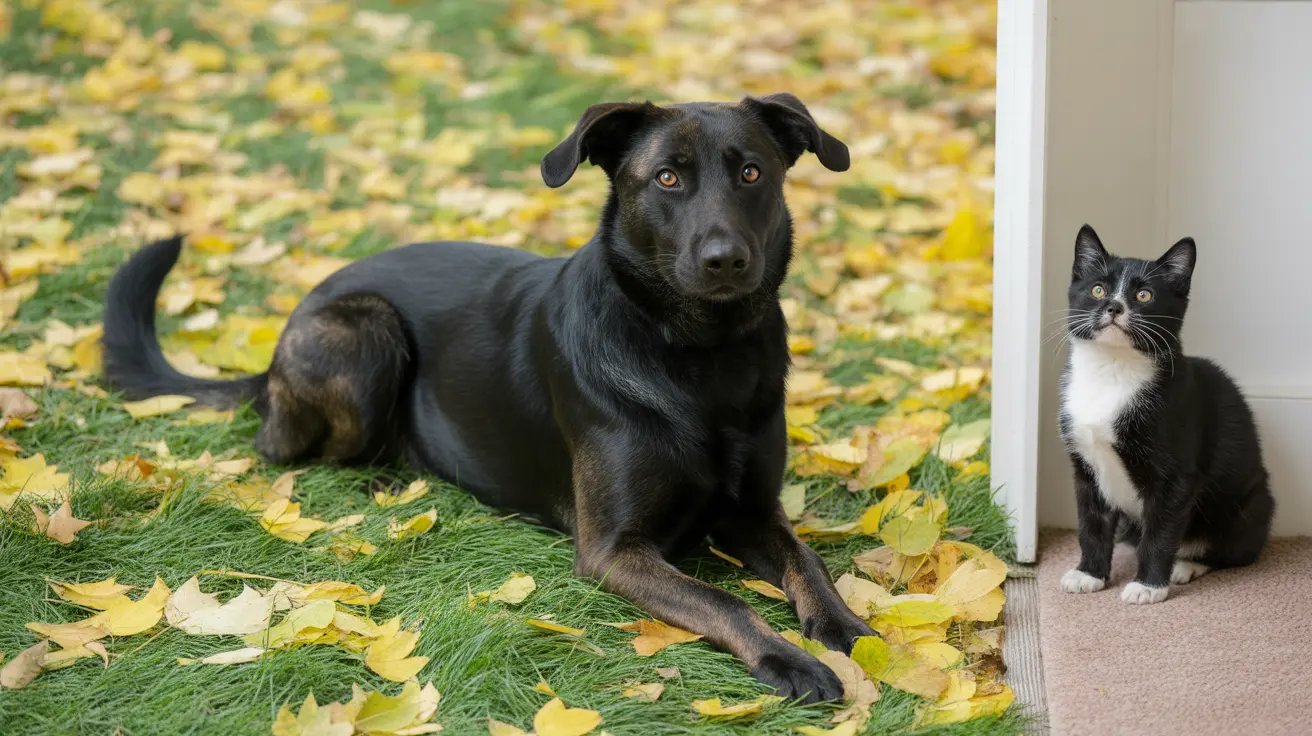Understanding Dilated Pupils in Cats: When to Worry
Dilated pupils in cats are not always a cause for alarm, but in certain cases, they can signal serious health problems that require immediate attention. As a responsible pet owner, understanding the potential causes and knowing when to seek veterinary care can make a significant difference in your cat’s well-being.
What Are Dilated Pupils?
Dilated pupils, or mydriasis, occur when a cat’s pupils expand to allow more light into the eye. While this can be a normal physiological response to low light or excitement, sustained or asymmetrical dilation may indicate a deeper issue.
Normal vs. Abnormal Pupil Dilation
Some situations in which dilated pupils are completely natural include:
- Low-light environments – Pupils dilate to enhance vision.
- Excitement or stimulation – Playtime or spotting prey may trigger dilation.
- Fear or stress – A frightened cat may exhibit wide eyes with dilated pupils.
However, dilation becomes concerning when it is:
- Prolonged and unresponsive to light
- Accompanied by other symptoms such as lethargy, disorientation, vomiting, or difficulty walking
- Asymmetrical – only one pupil is dilated (anisocoria)
Potential Medical Causes of Dilated Pupils
Persistent or unusual dilation may be a sign of underlying problems, such as:
- Hypertension (High Blood Pressure): Often linked to kidney disease or hyperthyroidism, high blood pressure may cause retinal detachment and blindness. Immediate veterinary attention is essential.
- Neurological Disorders: Conditions affecting the brain or nerves, like brain trauma or tumors, can present with dilated pupils.
- Ocular Injuries: Injury or trauma to the eye can cause internal damage, prompting pupil dilation.
- Glaucoma: This painful condition involves increased pressure within the eye and demands urgent treatment to prevent blindness.
- Poisoning: Exposure to toxic substances (such as lilies, certain insecticides, or medications) can result in pupil dilation along with drooling, seizures, or vomiting.
- Side Effects of Medication: Certain drugs, especially those affecting the nervous system, may cause temporary dilation.
Is It an Emergency?
While brief dilation in response to environmental stimuli is normal, sudden and persistent pupil dilation, particularly when combined with other symptoms, is a vet emergency. Pay close attention and monitor your cat’s behavior carefully. Seek immediate care if your cat exhibits:
- Signs of vision loss or bumping into objects
- Disorientation or uncoordinated movements
- Sudden behavior changes
- Uneven pupil size
- Lethargy or unresponsiveness
- Bleeding or discharge from the eyes
Diagnosing the Cause
Veterinarians will typically perform a comprehensive eye exam along with blood pressure monitoring, blood work, and potentially neurological testing. Early detection can make a big difference in treatment outcomes.
What to Do at Home
If you notice your cat’s pupils are abnormally dilated:
- Keep them calm and in a quiet, safe space.
- Avoid bright lighting until they’re able to be seen by a veterinarian.
- Do not administer any medications unless specifically directed by your vet.
- Call your vet or emergency pet clinic immediately if alarming symptoms are present.
Prevention Tips
- Regular veterinary checkups – Essential for early diagnosis of chronic conditions.
- Monitor blood pressure – Especially for older feline companions.
- Cat-proof your home – Keep toxins and harmful substances out of reach.
Conclusion
While not all cases of dilated pupils in cats indicate emergencies, some do—and they often reveal serious health concerns. Prompt attention can prevent permanent damage or even save your cat's life. Always err on the side of caution and consult your veterinarian whenever you’re in doubt about your pet’s eye health.





